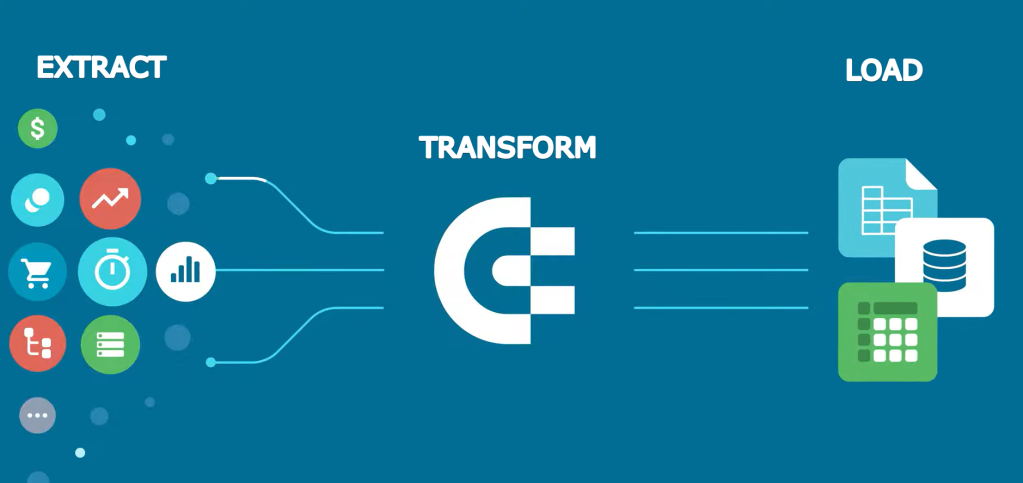The Art of Web Scraping: Best Practices and Expert Guidance
In the age of data-driven decision-making, web scraping has become a crucial tool for businesses and researchers seeking to extract valuable information from websites. However, mastering the art of web scraping requires a combination of best practices and technical know-how. In this article, we’ll explore the best way to scrape data from a website, share key tips, and introduce our expert, James Taylor, who can provide professional assistance if you need it. Feel free to contact James using our contact form for expert guidance.
**What is Web Scraping?**
Web scraping, also known as web data extraction or web harvesting, is the process of automatically collecting data from websites. This data can include text, images, links, and more, and it is typically stored in a structured format for analysis or use.
**Best Practices for Web Scraping**
When it comes to web scraping, following best practices is essential to ensure both successful data extraction and legal compliance. Here are the key steps and practices to consider:
**1. Review Website’s Terms of Service (ToS):**
– Always begin by checking the website’s Terms of Service. Some sites explicitly prohibit scraping in their ToS, and scraping such sites may lead to legal consequences.
**2. Identify the Data You Need:**
– Clearly define the data you want to scrape. Identifying specific targets reduces unnecessary scraping and ensures you collect relevant information.
**3. Choose the Right Tools:**
– Select a web scraping tool or library that suits your needs. Popular choices include BeautifulSoup, Scrapy, and Selenium.
**4. Respect Robots.txt:**
– Check the website’s `robots.txt` file, which provides guidelines on what parts of the site can be crawled. Adhering to these rules is a sign of responsible scraping.
**5. Use Delay and Rate Limiting:**
– Implement delays between requests and set rate limits to avoid overloading the website’s servers, which can result in IP bans.
**6. Handle Pagination and Infinite Scrolling:**
– Ensure your scraper can navigate through paginated content or pages with infinite scrolling to capture all desired data.
**7. Handle Dynamic Content:**
– For websites with content loaded via JavaScript, consider using a headless browser like Selenium to interact with the page and access dynamic data.
**8. Monitor Your Scraping:**
– Regularly monitor your scraping process to detect and address any issues promptly.
**9. Data Storage and Cleanup:**
– Store scraped data in a structured format, such as CSV or a database, and clean the data to remove any inconsistencies.
**10. Respect Copyright and Privacy:**
– Be mindful of copyright and privacy laws. Avoid scraping copyrighted material or personal information without consent.
**Professional Assistance from James Taylor**
While adhering to best practices is crucial, web scraping can still be a complex undertaking, especially for large-scale or intricate projects. This is where James Taylor, our web scraping expert, comes in. James possesses extensive experience and expertise in web scraping and can provide professional guidance to ensure your scraping activities are conducted effectively and within legal boundaries.
**Why Seek Expert Assistance?**
– **Efficiency:** James can optimize your scraping process for maximum efficiency and accuracy.
– **Legal Compliance:** Our expert can assess the legal implications of your scraping project and help you stay compliant with applicable laws and regulations.
– **Technical Troubleshooting:** James can assist with technical challenges and provide solutions for complex scraping tasks.
**Contact Us for Expert Support**
If you’re embarking on a web scraping project and need guidance, technical support, or assistance in optimizing your scraping strategy, James Taylor is available to assist. Feel free to reach out to James using our contact form, and he will promptly address your inquiries and provide expert advice to ensure your web scraping efforts are successful.
In conclusion, web scraping is a valuable tool for data collection, but it requires careful planning, adherence to best practices, and sometimes, expert guidance. Don’t hesitate to contact James Taylor, our seasoned expert, for professional support in your web scraping endeavors. Mastering the art of web scraping can unlock a world of data-driven insights for your business or research needs. CONTACT US

